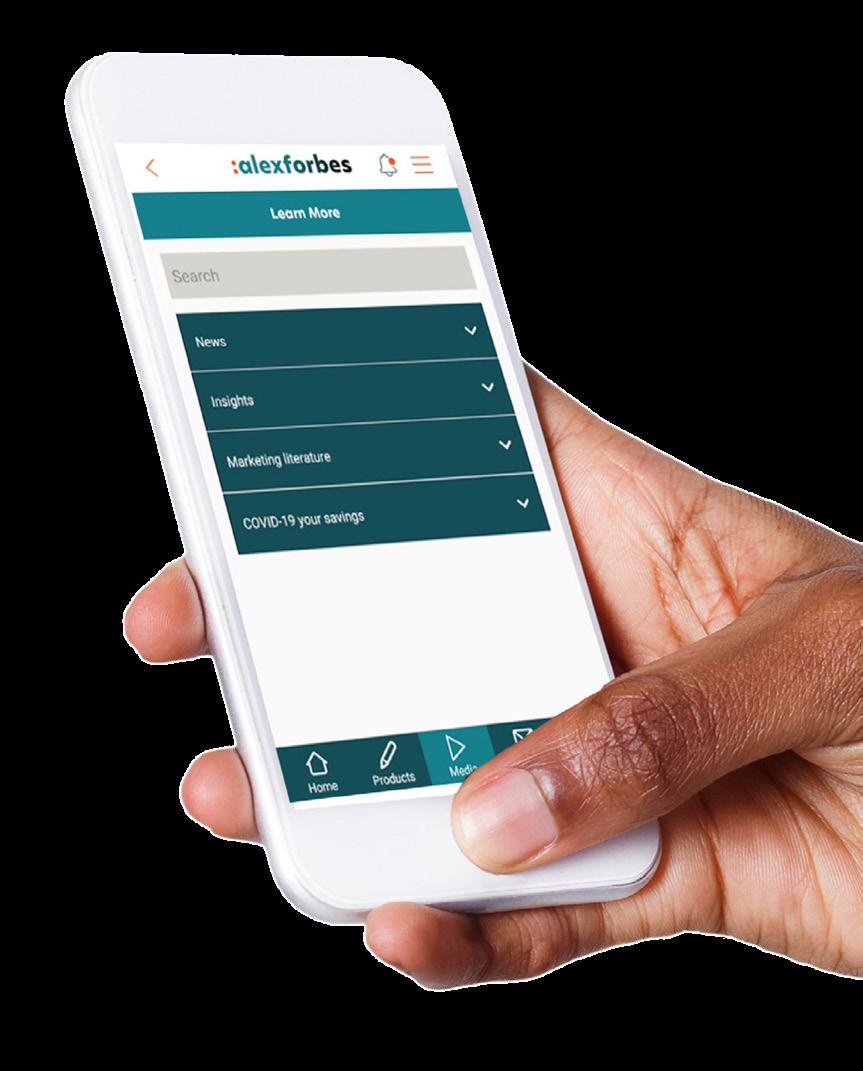
3 minute read
Money lessons: common questions and answers
There are some common financial guidelines that members regularly question. As a result, we’ve listed some of these questions and provided the answers from the desk of a financial planner.
We will include new questions and answers in the upcoming newsletters to help you grow your understanding of the financial world.
Financial planners recommend opening an emergency fund. How much should I have saved in my emergency fund?
Add up all your monthly expenses and times that amount by six. In other words, you should aim to have at least 6 months’ worth of monthly expenses in your emergency fund. Some financial planners recommend 6 to 12 months. Start with 6 months – once you get to that point you can aim for 9 months and then 12. Every little bit that you save counts. Start small and keep going.
Don’t feel bad if it takes you a long time to save up enough money in your emergency fund. Life happens. Just commit to your goal. Once you have enough money in your emergency fund, you’ll be surprised at how much peace of mind it will give you.
Is it bad to have too many credit cards? Should I close them as soon as possible?
Remember to be cautious about closing your credit cards. It’s not necessarily bad to have multiple credit cards – especially if you don’t have credit card debt or you have very little debt. Your credit cards, and the way that you manage them, could help you get a better credit rating. This means that if you buy a house or a car, you could pay less interest because your credit score is good. The less you use the credit available to you, the better.
People are always talking about ‘net worth’. What is it and how do I calculate it?
Your net worth tells you how healthy your finances are. It gives you a snapshot of your financial position. You can calculate your net worth by subtracting what you owe (liabilities) from what you own (your assets). Just remember that debt isn’t always a bad thing. If you borrow money to buy an asset, it can be a good thing. For example, buying a house that increases in value over time can give you more money when you sell it – especially if you take good care of your house.
Even if you’ve paid the late payment off it could stay on your credit history for six to seven years. If you think you may have a problem paying something for the month, rather contact the company and explain your situation to them. In most cases, they will make an arrangement to assist you. Just make sure you do this as soon as possible. If you have an arrangement, they won’t let it affect your credit score.
If you have a question that you would like to ask our financial planners, please send them to AFAccessNews@comms.alexforbes.com. We will share your question anonymously in this newsletter so that all our readers can learn from the answers.

The toolkit will help you make the most of your money by: understanding your options making informed choices getting advice to make good decisions based on your personal circumstances

It connects you to what you need to know, why it matters, what you need to do and how to get help:


Easy to understand – I don’t need financial expertise
Relevant – it seems like it is for me
Enables me to get it done
Tells me why
Tells me how
It has come to our attention that some members are concerned that our SMS messages and emailed benefit statements may be a scam. Yes, there are scamsters trying new, clever tricks every day – it’s no wonder some of our members are afraid to click on links we send.

Just to put your mind at ease, below is the SMS you’ll receive from the fund:
Dear member, view your statement at @Model.InfoSlipUrl.
Contact your adviser or AF call centre at 0860 60 61 62 for queries. Alexforbes.
You can also view your AF Access Retirement Fund benefit statements 24/7 by registering for AF Online
Once registered you can download your benefit statement at any time of the night or day. This is how you do it …

When we email you benefit statements, they will come from this email address: afonlinehelp@alexforbes.com



